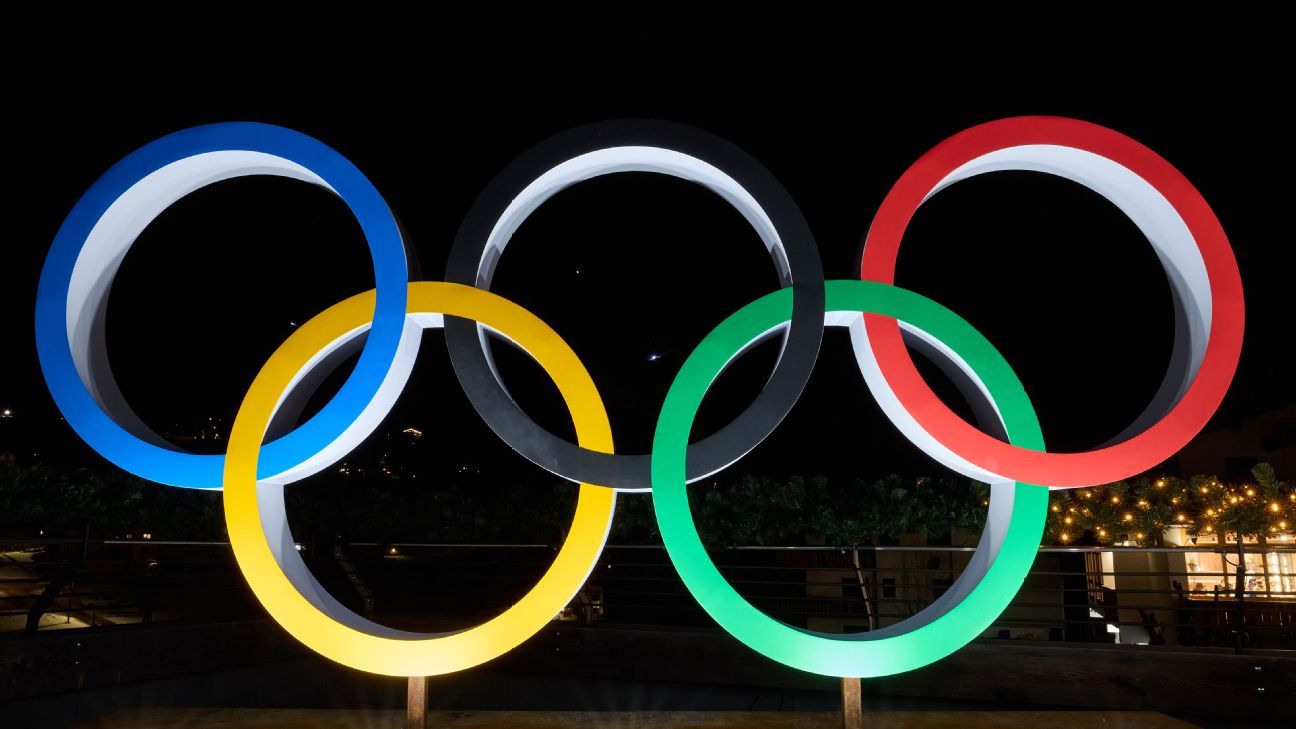NFL Players Gear Up for Flag Football Debut at 2028 Olympics
For the first time in history, NFL players will compete in flag football at the 2028 Los Angeles Olympics, marking a watershed moment for the sport. The International Olympic Committee (IOC) approved flag football as one of five new events, capitalizing on its global growth and the NFL’s push to expand its international footprint. This decision allows elite athletes to pursue Olympic glory while maintaining their professional careers, blending traditional gridiron talent with the fast-paced, non-contact format.
The Road to Olympic Recognition
Flag football’s journey to the Olympics gained momentum in 2022 when the IOC prioritized youth-focused, gender-balanced sports. With over 20 million players across 100 countries, according to the International Federation of American Football (IFAF), the sport met key criteria for inclusion. The NFL’s proactive support—including funding grassroots programs and international tournaments—sealed its place. “This is a game-changer for football’s global reach,” said IFAF President Pierre Trochet. “The Olympics will showcase flag football’s accessibility and athleticism.”
The NFL’s involvement is unprecedented. While other pro leagues like the NBA allow Olympic participation, the NFL has historically barred players due to injury risks. Flag football’s non-contact nature eased those concerns. “We see this as an opportunity to grow the game responsibly,” stated NFL Commissioner Roger Goodell in a recent press conference. “Our athletes can represent their countries without compromising their NFL commitments.”
How the 2028 Competition Will Unfold
The Olympic flag football tournament will feature eight teams per gender, with a compact, high-energy format:
- Games: Two 20-minute halves with a running clock
- Roster: 12 players per team, with 7 on the field
- Rules: No tackling; flags attached to belts signify “downs”
Stars like Tyreek Hill and Kyler Murray have already expressed interest. “Flag football is where I honed my skills,” said Hill. “To compete for a gold medal? That’s legendary.” Analysts predict the U.S. will dominate, but countries like Mexico, Japan, and Germany—where flag football leagues are thriving—could surprise. The 2024 World Games saw Mexico’s men and the U.S. women claim gold, hinting at a competitive landscape.
Broader Implications for Football’s Future
The Olympic stage could accelerate flag football’s rise as a mainstream sport. Schools and youth programs are already adopting it as a safer alternative to tackle football. Participation in U.S. high schools surged by 40% from 2019 to 2023, per the National Federation of State High School Associations. Meanwhile, the NFL’s international series, including regular-season games in London and Munich, has laid groundwork for global fandom.
Critics, however, question the logistical hurdles. “Coordinating NFL schedules with Olympic training camps won’t be easy,” noted sports economist Lee Berke. Others worry about commercialization overshadowing the sport’s amateur roots. Yet, most agree the benefits outweigh the risks. “This legitimizes flag football as a sport of skill and strategy,” said former Olympian and ESPN analyst Dominique Dawes.
What’s Next for Athletes and Fans
With five years to prepare, the NFL and IFAF will finalize eligibility rules and qualification pathways. Regional tournaments are expected to begin in 2026. For fans, the 2028 Games offer a fresh way to engage with football. “Imagine watching Patrick Mahomes juke defenders under the Olympic rings,” said sports marketer Tina Shah. “It’s a marketer’s dream.”
As the countdown to LA 2028 begins, one thing is clear: flag football’s Olympic debut isn’t just a milestone—it’s a catalyst for the sport’s next era. Follow official NFL and IOC updates for the latest on team selections and event schedules.
See more Sky News Portal



